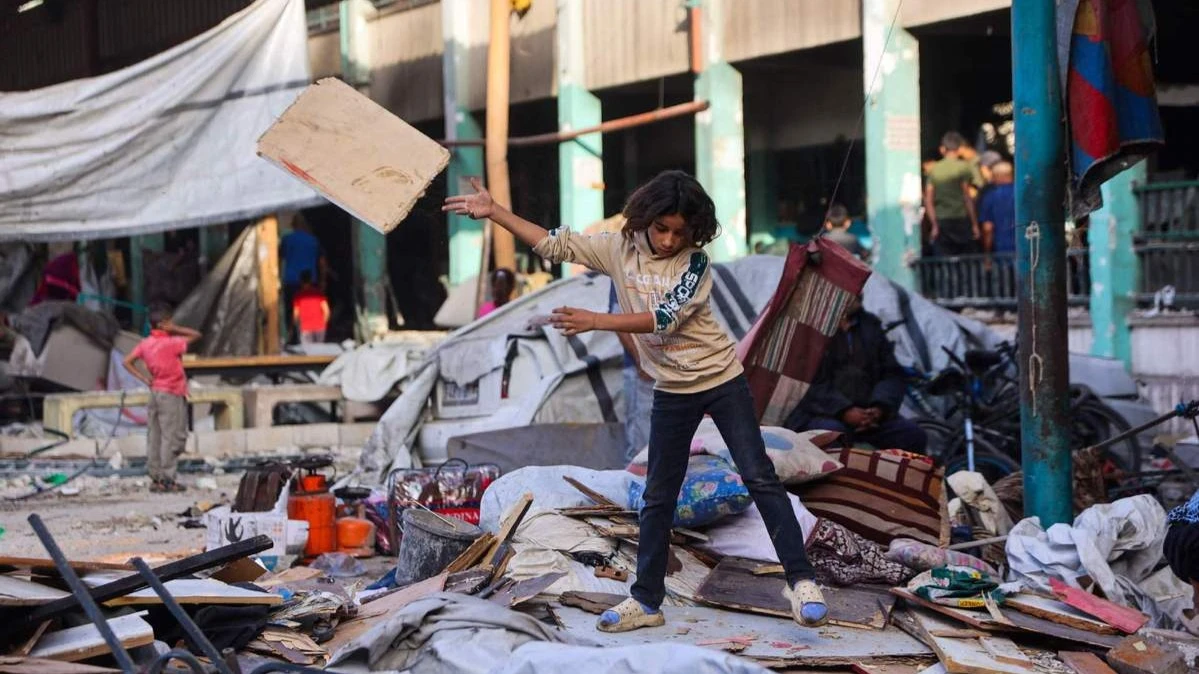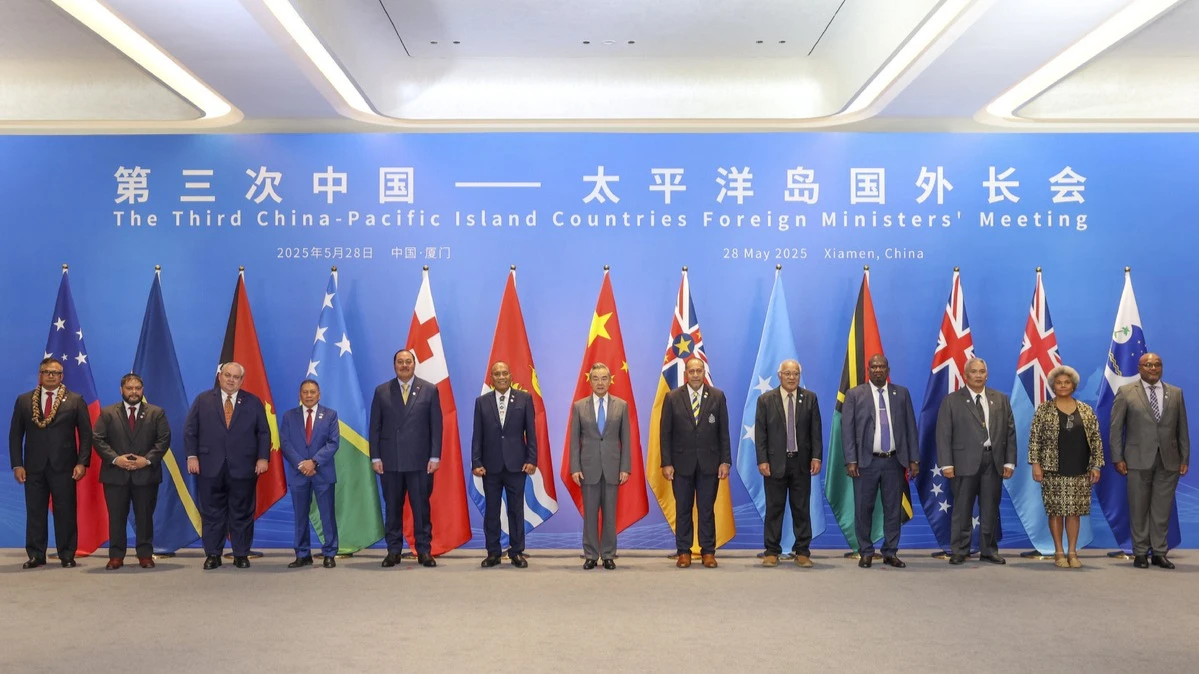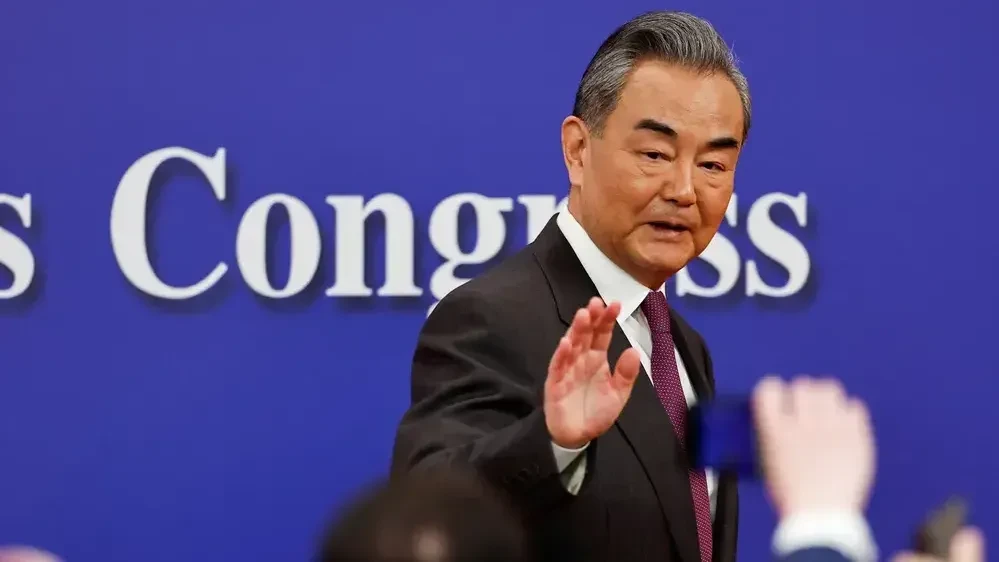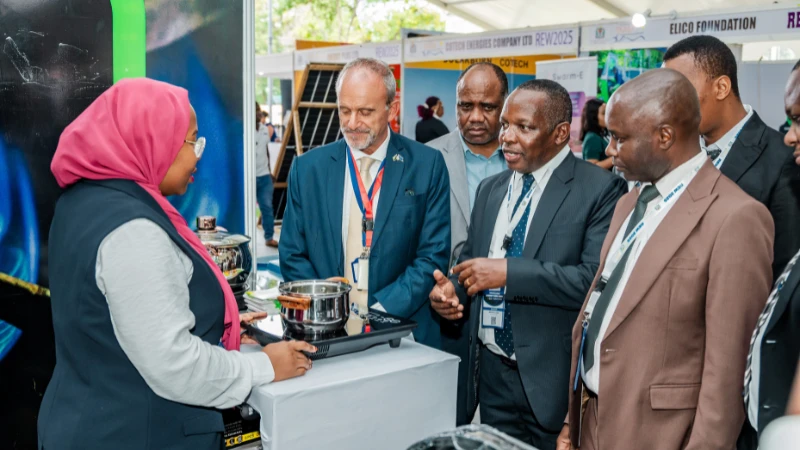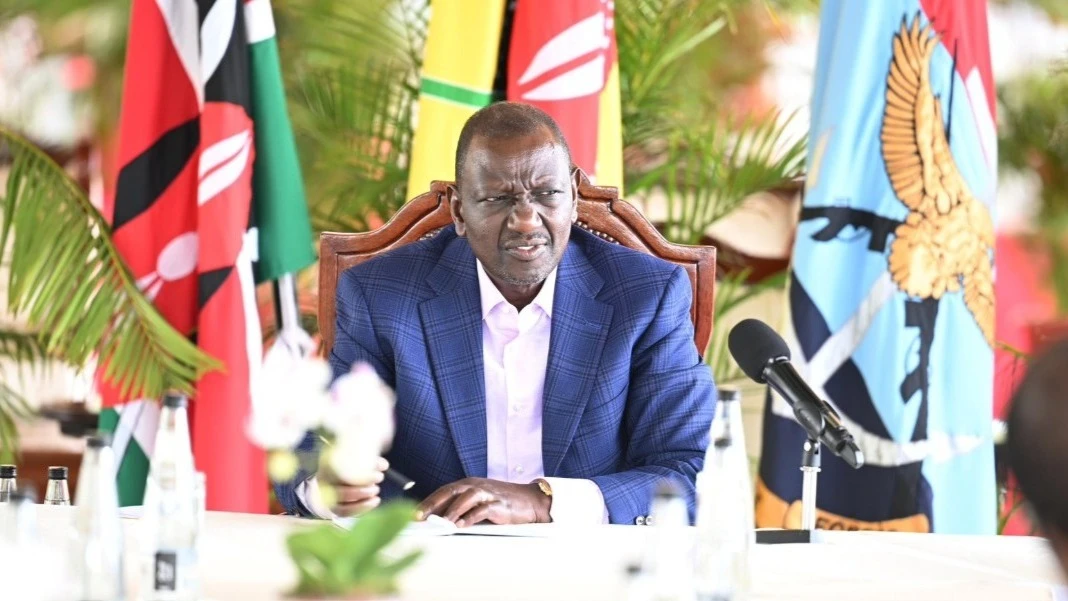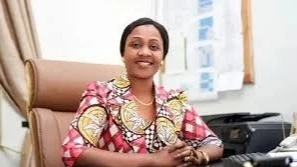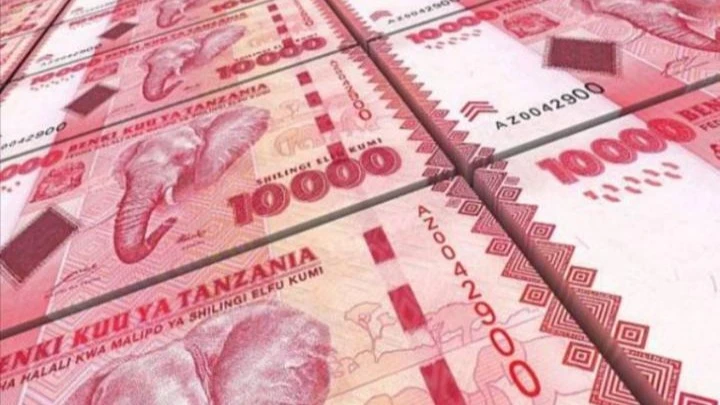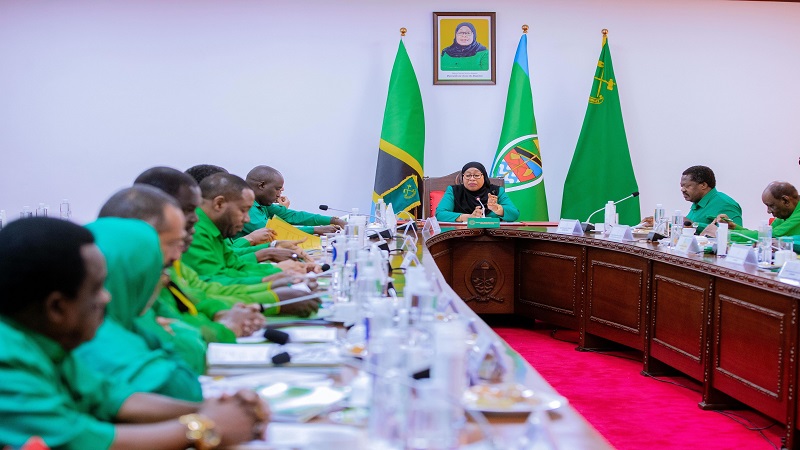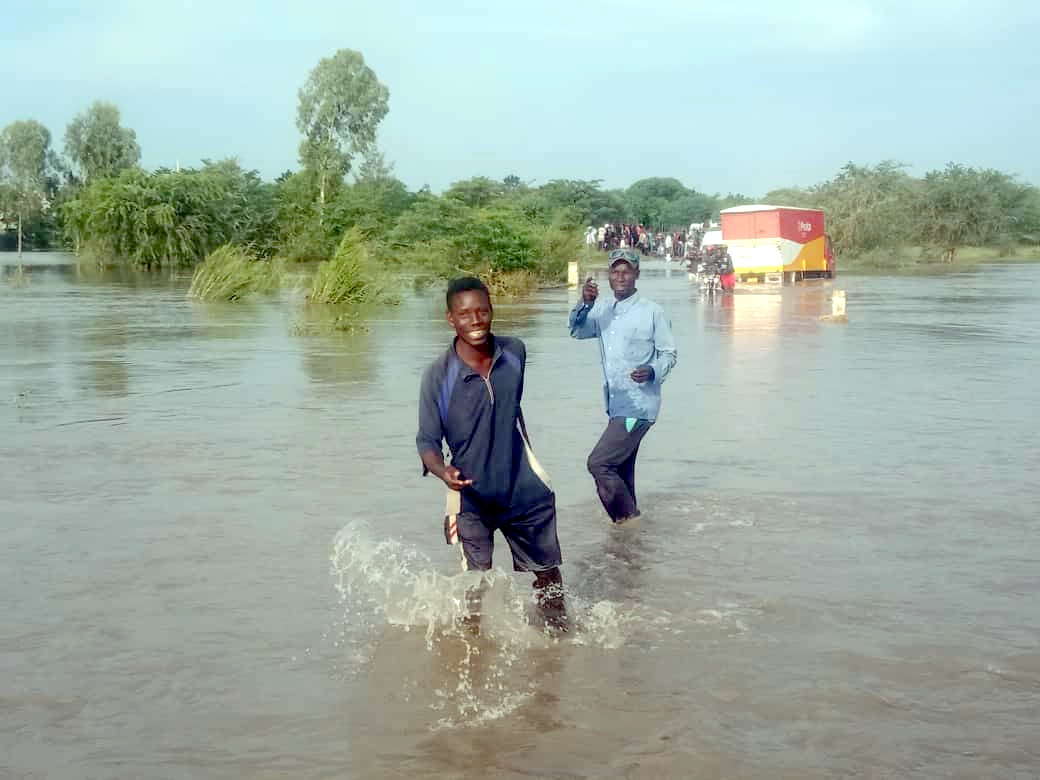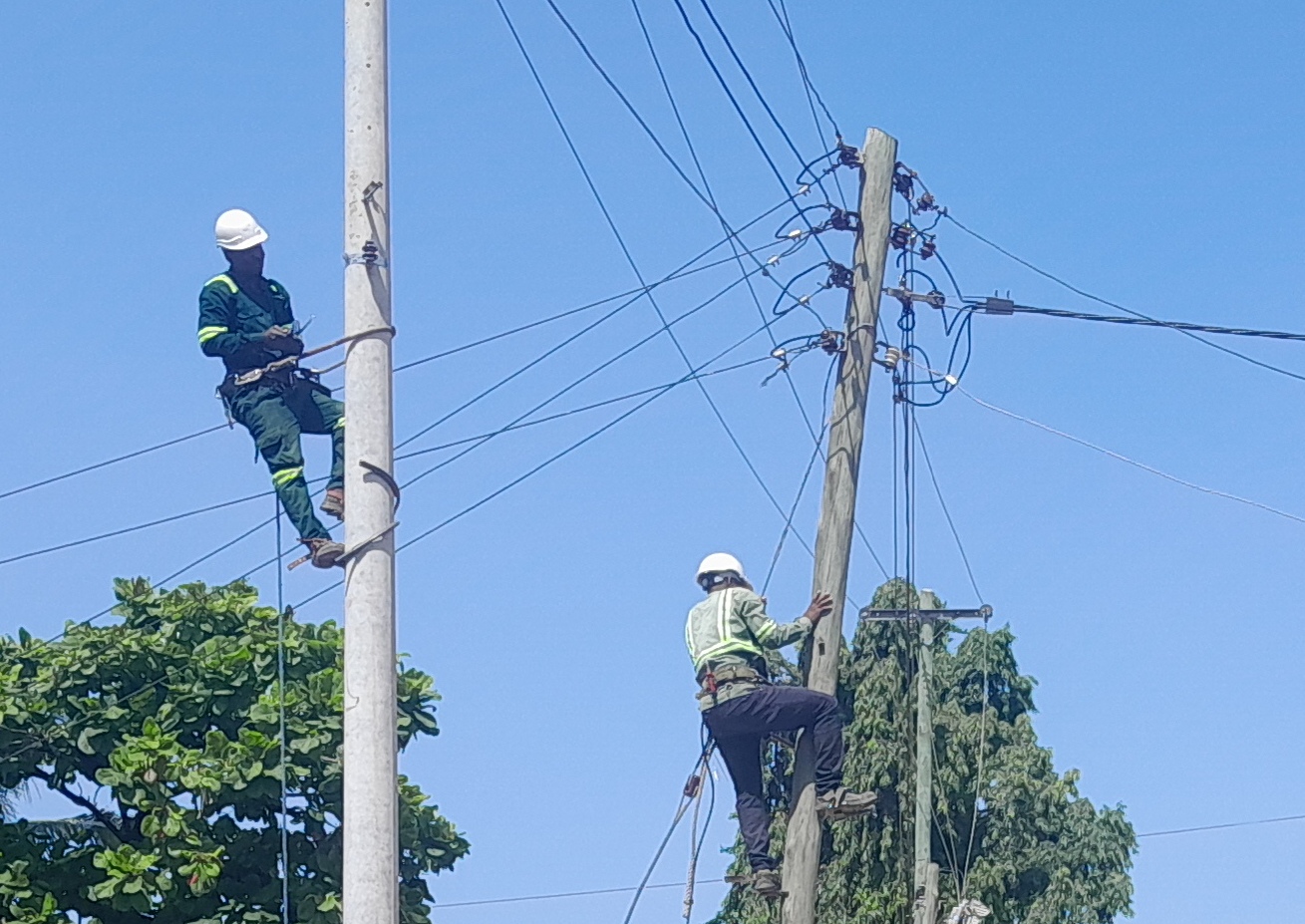Women, youth empowered on inclusive blue economy
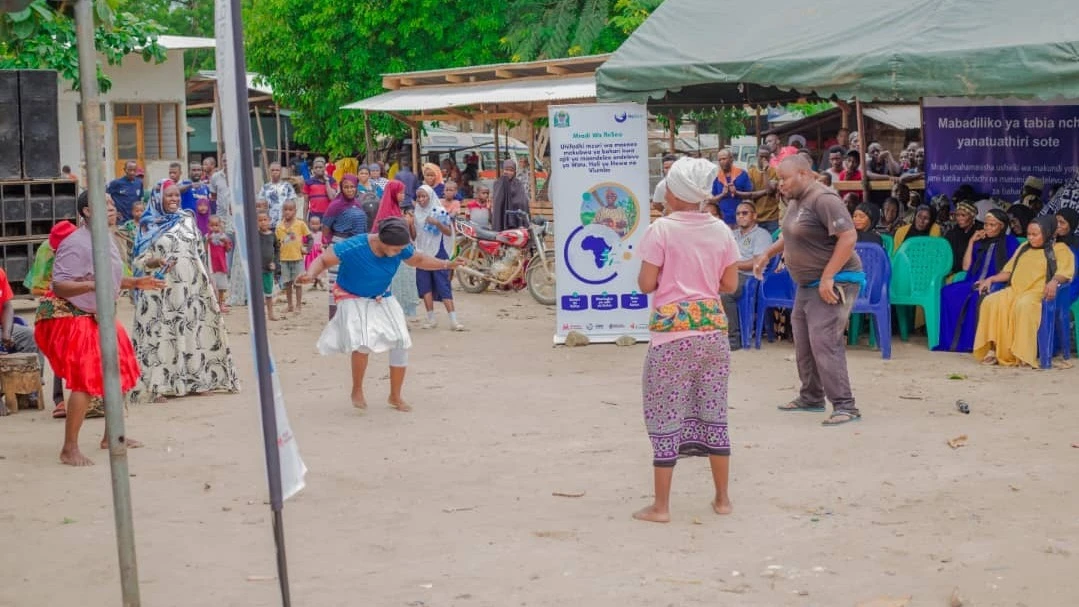
In a concerted effort to empower women and youth who rely on coastal and marine resources—and to ensure they fully benefit from the blue economy while understanding their rights—a community-wide awareness session was recently held in Pangani Magharibi Ward.
The event was part of the Regenerative Seascape for People, Climate, and Nature Project (ReSea Project), a regional initiative aimed at boosting the physical and socio-economic resilience of coastal communities across the Western Indian Ocean (WIO).
Glory Mbia, Gender Coordinator for the ReSea Project at Women Fund Tanzania Trust (WFTT), explained that the initiative seeks to raise awareness about the rights of women and youth, promote positive masculinities, and spotlight the gender-differentiated impacts of climate change and conservation. The project also aims to empower communities to take collective action toward gender equality and sustainable development.
During the session, women and girls were specifically empowered with knowledge on the impacts of climate change and conservation efforts on their lives and livelihoods.
The session drew 156 participants—79 women and 77 men—including 89 youth under the age of 35 and three persons living with disabilities (PLWDs). Attendees included Beach Management Unit (BMU) members, district officials, and other community stakeholders.
A key feature of the event was the use of participatory theatre, which—along with personal testimonies and open dialogue—addressed key issues such as women’s participation in Locally Managed Marine Area (LMMA) structures, sexual harassment within marine resource zones, and the urgent need for marine ecosystem conservation.
Glory Mbia stressed the importance of integrating gender perspectives into LMMA governance and decision-making processes.
“Women and youth are central to the stewardship and use of coastal and marine resources, yet they are often excluded from decision-making processes and denied equitable access to the benefits of conservation and sustainable use,” said Glory. “Additionally, the gendered impacts of climate change and conservation measures are poorly understood—deepening existing inequalities and vulnerabilities.”
Local leaders in attendance expressed strong support for the ReSea initiative, particularly its focus on increasing gender awareness and promoting women’s involvement in marine governance.
“We’ve come to understand that climate change impacts women and men differently,” said Salim Kanyama (Mgosi wa Robo), Village Chairperson for Pangani Magharibi. “As local leaders, we are fully committed to supporting ReSea’s efforts, especially in advocating for women’s inclusion in LMMA structures.”
Participants also voiced their reflections following the session:
“Prioritizing women in every available community opportunity, alongside environmental conservation, is the right path to addressing climate change,” said Abubakari E. Manga.
Zuhura Bakari noted, “It’s true—patriarchal systems discourage women, and sexual harassment remains a serious obstacle.”
Hadija Ahmed emphasized, “Women’s participation in development, leadership, and marine conservation is essential.”
The ReSea Project, supported by Global Affairs Canada, is implemented in partnership with Mission Inclusion (MI), the International Union for Conservation of Nature (IUCN), Women Fund Tanzania Trust (WFT-T), and Ocean Hub Africa (OHA). It aims to build socio-economic resilience among coastal populations facing the adverse effects of climate change across the WIO region.
Currently, the project is active in the Tanga-Pemba seascape, covering six districts in Tanzania: Mkinga and Pangani in the Tanga Region, and Micheweni, Chake Chake, Wete, and Mkoani in Pemba Island.
Top Headlines
© 2025 IPPMEDIA.COM. ALL RIGHTS RESERVED











